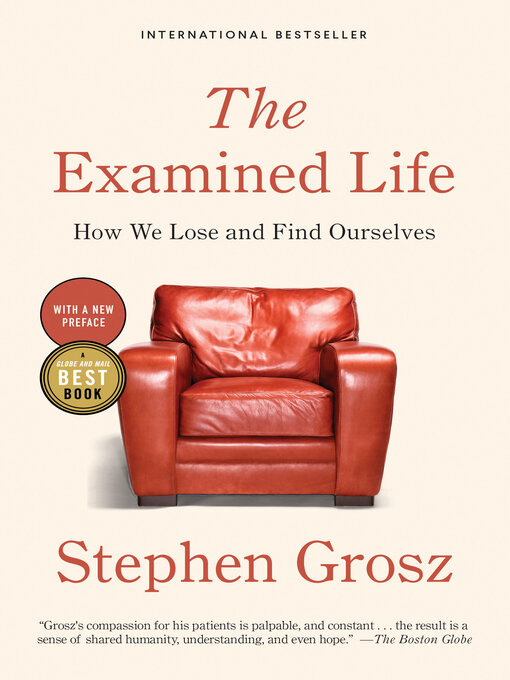The everyday world bedevils us. To make sense of it, we tell ourselves stories. Here, in short, vivid, dramatic tales, psychoanalyst Stephen Grosz draws from his twenty-year practice to track the collaborative journey of therapist and patient as they uncover the hidden feelings behind ordinary behavior. A woman finds herself daydreaming as she returns home from a business trip; a young man loses his wallet. We learn, too, from more extreme examples: the patient who points an unloaded gun at a police officer, the compulsive liar who convinces his wife he's dying of cancer. These beautifully rendered tales illuminate the fundamental pathways of life from birth to death. They invite compassionate understanding, suggesting answers to the questions that compel and disturb us most about love and loss, parents and children, work and change. The resulting journey will spark new ideas about who we are and why we do what we do.
- Available now
- New eBook additions
- New kids additions
- New teen additions
- Most popular
- Lucky Day Reads
- Always Available
- See all ebooks collections
- Available now
- New audiobook additions
- New kids additions
- New teen additions
- Most popular
- Lucky Day Audio
- Always Available
- Just Relax and Listen...
- See all audiobooks collections
- News & Politics
- Celebrity
- Entertainment
- Cooking & Food
- Home & Garden
- Tech & Gaming
- Travel & Outdoors
- Fashion
- Business & Finance
- Hobbies & Crafts
- Just Added
- See all magazines collections

